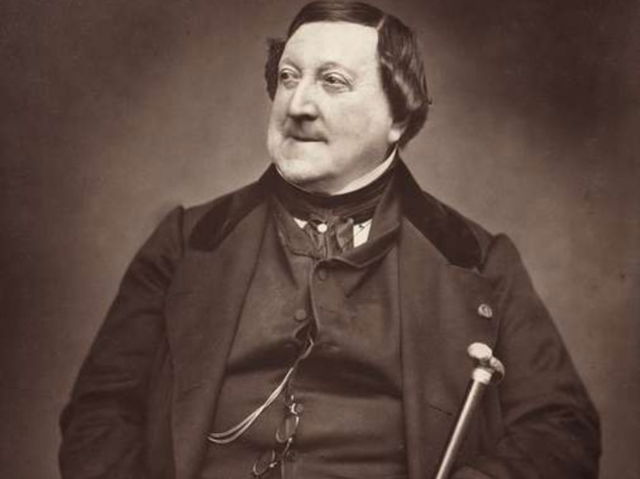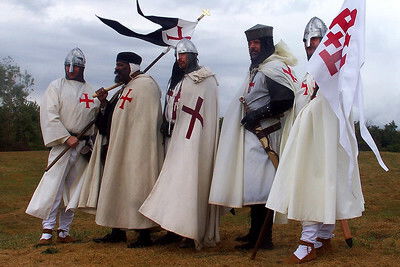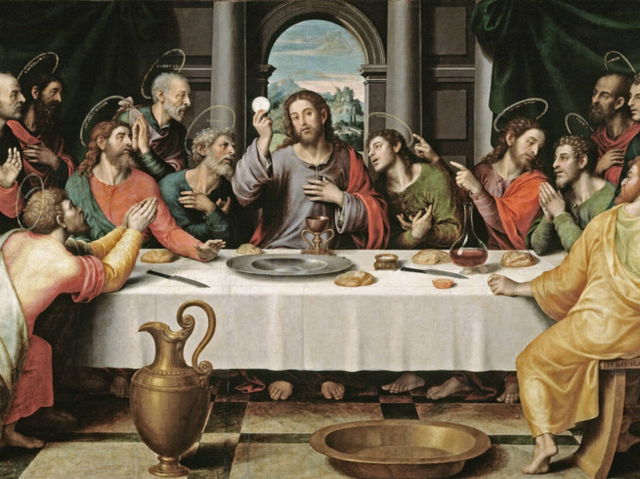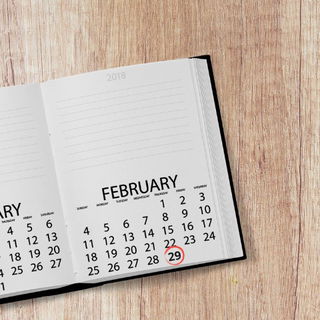Friday the 13th will occur twice in 2024- First on Friday, September 13 2024 and then on Friday, December 13 2024.
In many Western cultures, there is the superstition that Friday the 13th is an unlucky day, where bad things can happen to people. But why is Friday the 13th considered bad luck, and when did this superstition start?

Throughout history, the number 13 has often been associated with bad luck, perhaps because a few unfortunate events and folklore stories have been associated with it. However, while the fear of Friday the 13th has been around since the 1800s, no one really knows how these two are related.
Here are some of the theories as to why so many people fear the date Friday the 13th.
The first mention of Friday the 13th Superstition
Historians think that the superstition around Friday the 13th arose in the 19th century, after the death of Italian composer Gioachino Rossini. The first record of this date being associated with bad luck is mentioned in the composer's biography, as he died on Friday the 13th.

In 1907, American businessman Thomas Lawson published a book called Friday the Thirteenth, a crime novel that helped perpetuate this superstition.
The Trials of the Knights Templar
This is the most popular theory as to where the superstition surrounding Friday the 13th originates. On October 13, a Friday, in 1307, thousands of people who belonged to the group the Knights Templar, a Christian religious military order, were arrested under orders of King Philip IV of France.

Many were executed and burned at the stake. Before his death, the leader of the Knights Templar cursed those who had condemned him to his death, and many believe he put a hex on Friday the 13th, which lasts until this day.
Biblical Origins of Friday the 13th
Another theory is that the fear of Friday the 13th has religious origins, and is related to Jesus Christ's crucifixion and death. On the day before his death, the 13th of Nisan, Jesus sat at a table with his 12 disciples, which means that there were 13 people present during the Last Supper.

Jesus was crucified on the next day, a Friday. Although this is often used as an explanation as to why 13 is an unlucky number, there was no real association between the 13 and the Friday until the 19th century.
Norse Mythology
Fear of the number 13 can be traced all the way back to an ancient Norse myth. The story goes that 12 gods gathered for a dinner party in Valhalla, but did not invite the god Loki. The trickster decided to show up anyway, as the 13th guest, and his appearance resulted in the death of the god Balder.
When is the next Friday the 13th?
If a month begins on a Sunday, then you'll know that there will be a Friday the 13th.
There is at least one Friday the 13th every year, but it can happen up to three times a year.
Here are the dates for Friday the 13th from 2025 to 2030.
| 2025 | Friday, June 13 |
| 2026 | Friday, February 13 Friday, March 13 Friday, November 13 |
| 2027 | Friday, August 13 |
| 2028 | Friday, October 13 |
| 2029 | Friday, April 13 Friday, July 13 |
| 2030 | Friday, September 13 Friday, December 13 |
Friday the 13th can be entertaining
One of the Highest-Grossing film franchises in the world started with the movie "Friday the 13th". The first movie was released in 1980, and there have been 12 more movies since, a TV show, and books inspired by the original one. The movie "Friday the 13th" has a cult following, and the mask worn by the main character is very well-known.
It's not unlucky for everyone
In Spanish-speaking countries, Tuesday the 13th is the unlucky day. This is because Tuesday is named after Mars, the God of War.
In Italy, people fear bad luck on Friday the 17th. In Roman numerals, 17 is written as XVII. If the letters are rearranged, this spells VIXI which means "I have lived". This is considered a bad omen.
If you enjoyed reading this article, you might like to read these next:











